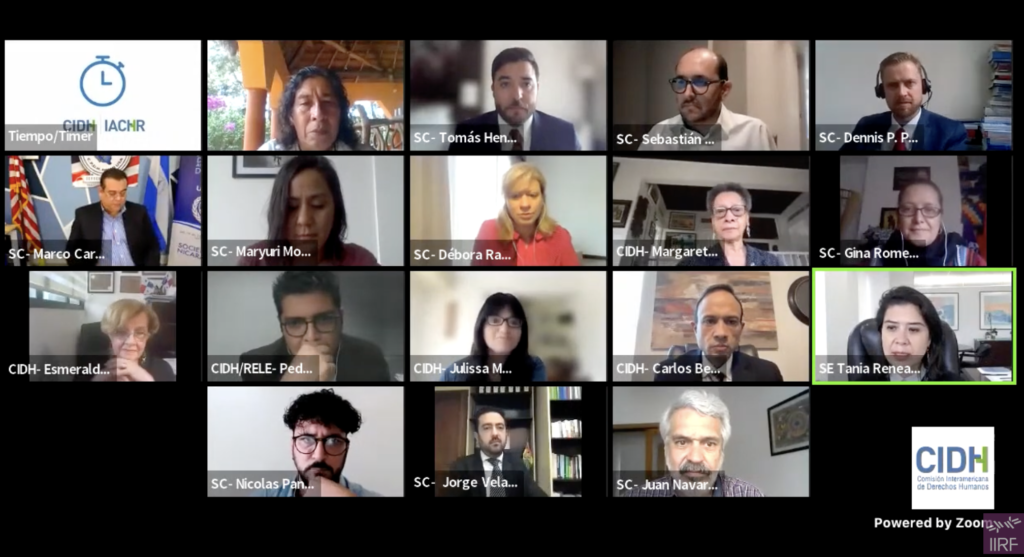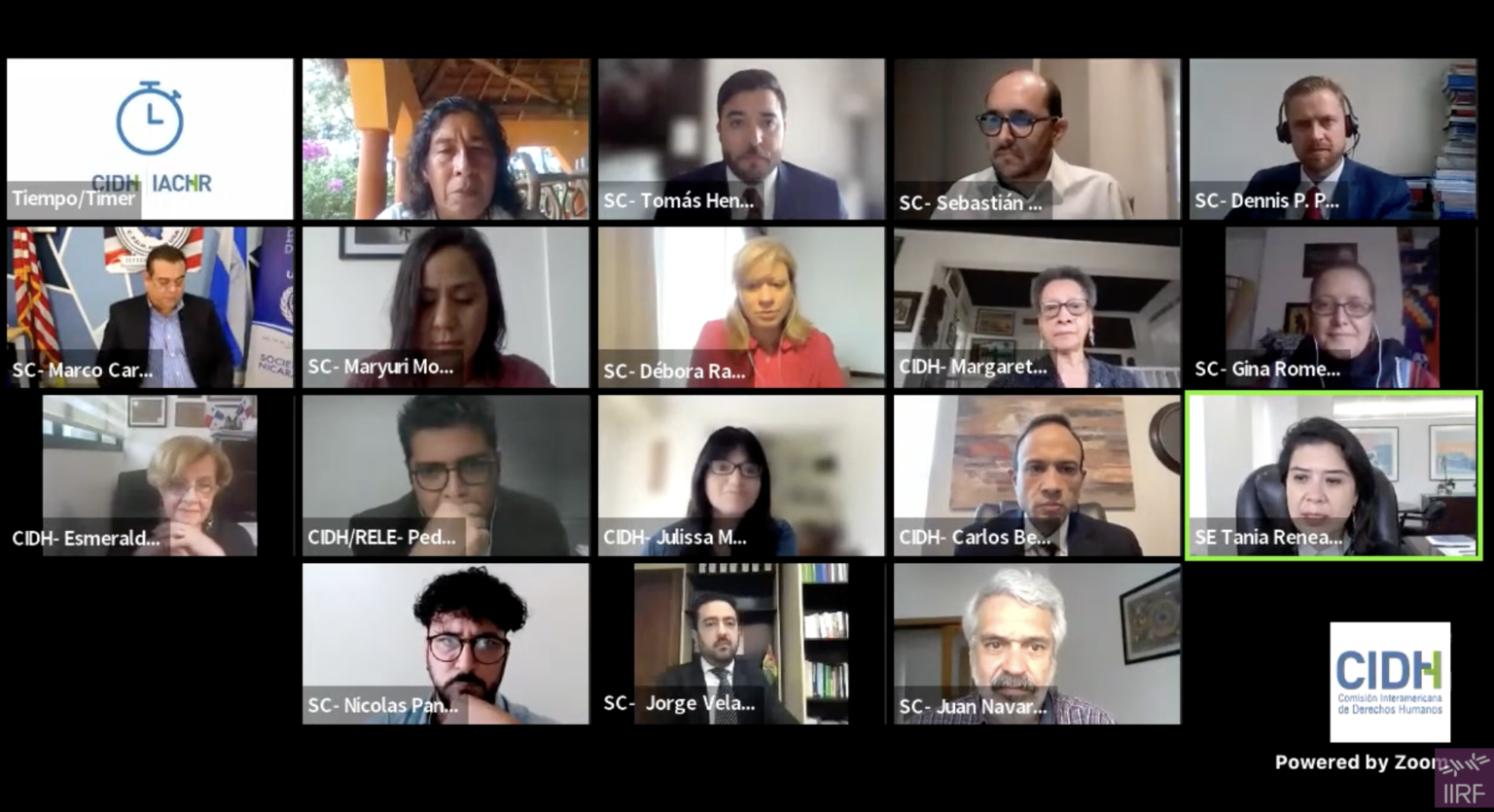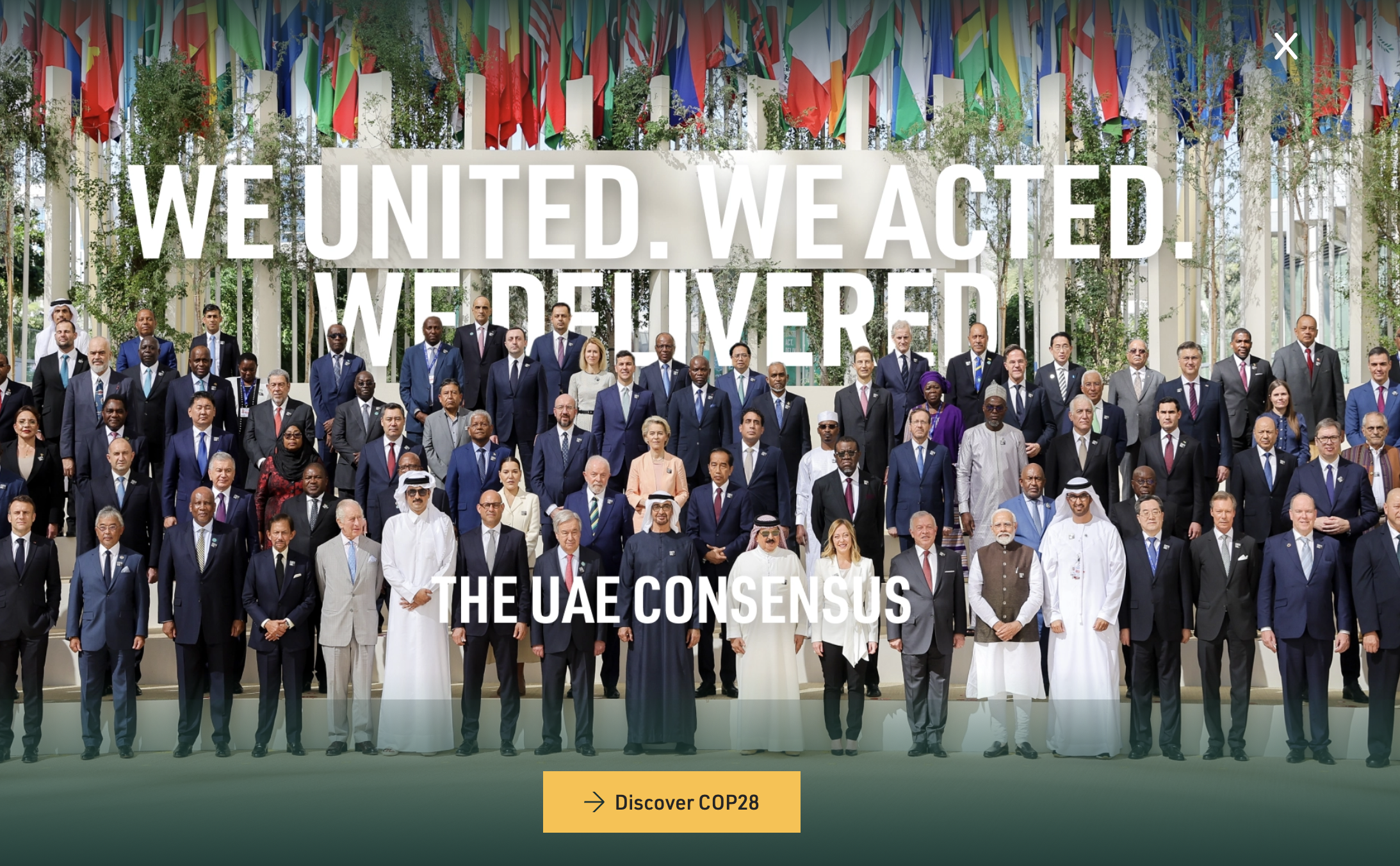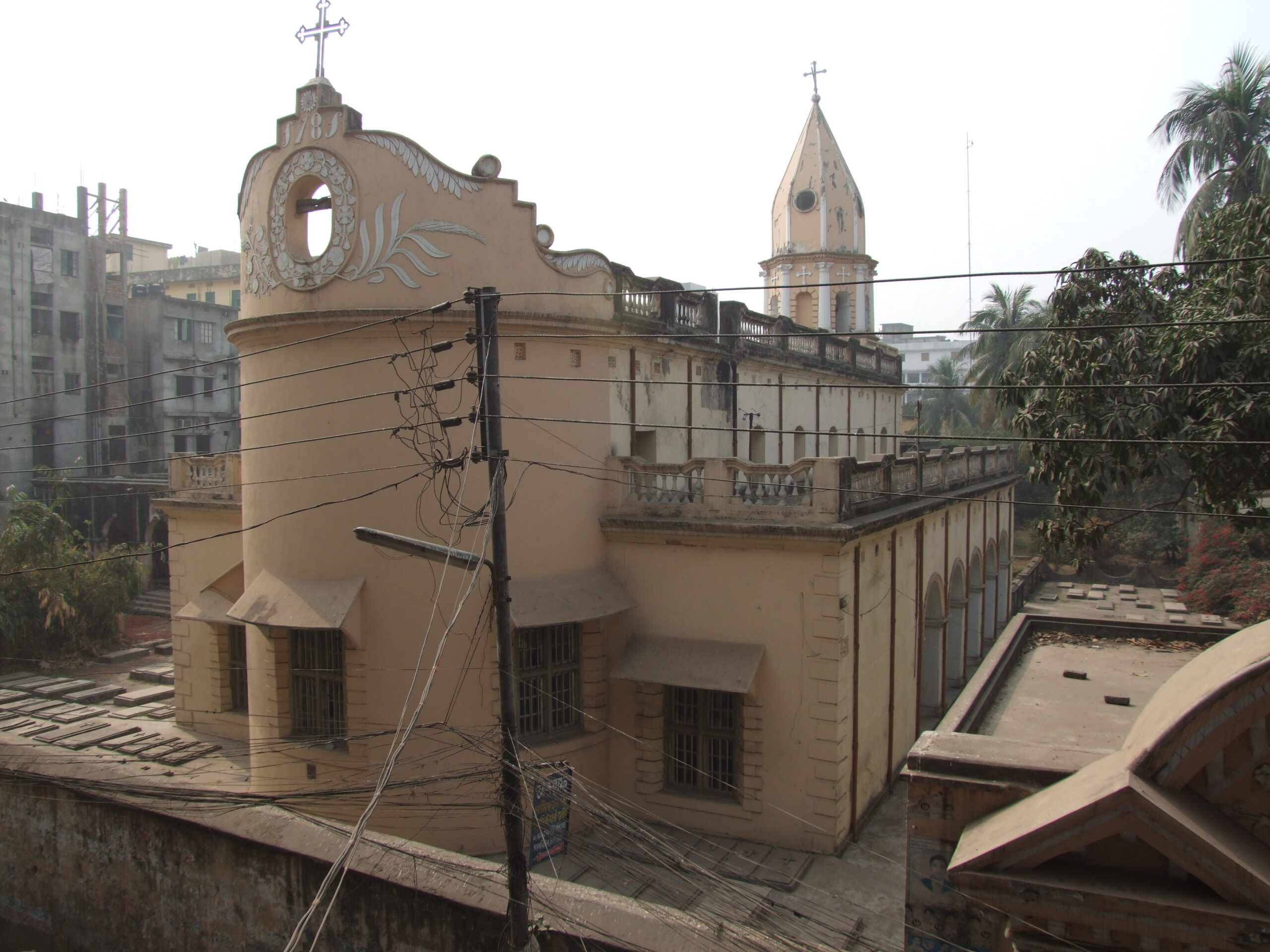On October 28, the last thematic hearing of the Inter-American Commission on Human Rights (IACHR) was held within the framework of the 185th regular period of sessions. On this occasion, the Commission heard for the first time civil society organizations present their complaints about the situation of religious freedom in the region, a problem that has been constantly overlooked by agencies during the evaluations of the state of human rights in the region. This was historic because it was the first time the IACHR granted a hearing on religious freedom.

Under the leadership of the International Institute for Religious Freedom (IIRF), the hearing was attended by a coalition of representatives of civil society belonging to a variety of religious and social backgrounds, who reported different forms of violation of religious freedom in constant expansion in the region and which should be addressed by the organization. One of these complaints refers to the situation of attention to religious freedom in the context of organized crime and armed conflicts in the region, a reality that has particularly affected countries such as Colombia, El Salvador, Haiti and Mexico.
Dennis P. Petri, the International Director of the IIRF has previously published about the relatively unknown interface of organized crime and Christian ministers.
During the hearing, the organizations further referred to the phenomenon of the increase in religious diversity, a situation that has visibilized the different violations of the religious freedom of indigenous communities and African communities. The organizations denounced cases of countries where discriminatory acts have been committed through regulations contrary to the American Convention on Human Rights, as has been observed in Mexico, El Salvador, Honduras, Costa Rica and Argentina, and especially the persecution of members of the Catholic Church by the government in Nicaragua.
The organizations that participated in the session were the International Institute for Religious Freedom (IIRF), the Observatory for Religious Freedom in Latin America (OLIRE), Clínica Jurídica de Interés Público y Derechos Humanos de la Universidad de La Sabana and Fundación Resiliencia Colombia, Red Latinoamericana y del Caribe por la Democracia (Redlad), Otros Cruces (Chile), Consejo Regional y Popular Indígena de Xpujil (Mexico), Conectas Direitos Humanos (Brazil), Organización de Desarrollo Étnico Comunitario (ODECO) (Honduras), ADF International, Consorcio Latinoamericano de Libertad Religiosa (CLLR), Centro Católico Multimedial (CCM), The International Center for Law and Religion Studies at BYU, Comisión Permanente de Derechos Humanos Internacional (Nicaragua), Conciencia Nacional por la Libertad Religiosa A. C., Consejo Argentino para la Libertad Religiosa, PRODECI Argentina and Centro Tomás Moro Bolivia.
“This hearing is important to evangelicals because they constitute the fastest growing and are among the most active religious groups on the Latin American continent. Many, though not all, religious freedom violations directly or indirectly affect evangelicals, and it is therefore important that their voice is heard at important supranational bodies like the InterAmerican Commission on Human Rights,” Petri commented.
“The IIRF is uniquely positioned to speak into the topic of religious freedom in Latin America because of its broad network in the region and the knowledge it has accumulated over time. True to its vocation to generate visibility about undetected religious freedom violations in non-Western countries, the IIRF and its partners had carried out much research in the region.
“Last month, a volume on International Negotiation was published by FLACSO Costa Rica, a leading social sciences university in the region founded by UNESCO. This volume, that was edited by IIRF’s CEO, discusses several important transformations in international relations and highlights religious actors as one of its new actors, religious freedom as one of its new themes and religious diplomacy as one of the new forms of diplomacy. This was a milestone because it’s the first that religious freedom was highlighted in a publication by this academic institution.
“In the long run, I hope that having placed the issue of religious freedom on the agenda of the InterAmerican Commission on Human Rights will lead to a more vigorous protection of the rights of religious groups in the region, with attention to all its dimensions and sensitivities. I also hope the commission will start to track religious freedom in its human rights reports, and perhaps one day appoint a special rapporteur on freedom of religion or belief.
“Although neither the national evangelical alliances nor the Latin Evangelical Alliances participated directly in the hearing, they are committed, through its Religious Liberty Commission that was officially created in October 2022 at its 9th General Asßsembly, to be actively involved in the promotion of religious freedom in the region.”
Link to video recording of the hearing: https://www.youtube.com/watch?v=mZcl98iJ7_E
The International Institute for Religious Freedom (IIRF), an initiative of the World Evangelical Alliance, was founded in 2007 with the mission to promote religious freedom for all faiths from an academic perspective. The IIRF aspires to be an authoritative voice on religious freedom. We provide reliable and unbiased data on religious freedom – beyond anecdotal evidence – to strengthen academic research on the topic and to inform public policy at all levels. For more information, visit iirf.global.




